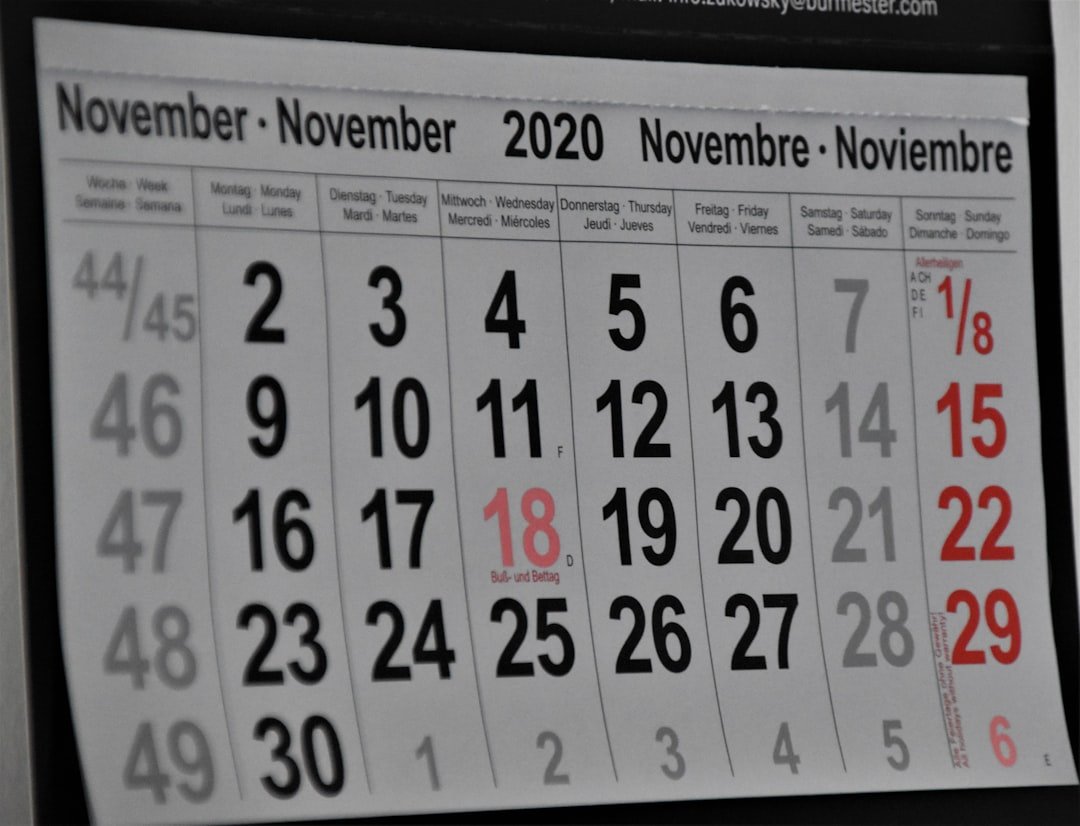Omicron may be less severe in young and old, but not ‘mild’ – WHO
Published by maria gbaf
Posted on January 7, 2022
3 min readLast updated: January 28, 2026

Published by maria gbaf
Posted on January 7, 2022
3 min readLast updated: January 28, 2026

WHO states Omicron is less severe than Delta but not mild. Vaccine equity is crucial as global COVID-19 cases surge.
By Mrinalika Roy
(Reuters) -The more infectious Omicron variant of COVID-19 appears to produce less severe disease than the globally dominant Delta strain, but should not be categorised as “mild”, World Health Organization (WHO) officials said on Thursday.
Janet Diaz, WHO lead on clinical management, said early studies showed there was a reduced risk of hospitalisation from the variant first identified in southern Africa and Hong Kong in November compared with Delta.
There appears also to be a reduced risk of severity in both younger and older people, she told a media briefing from WHO headquarters in Geneva.
The remarks on the reduced risks of severe disease chime with other data, including studies from South Africa and England, although she did not give further details about the studies or ages of the cases analysed.
The impact on the elderly is one of the big unanswered questions about the new variant as most of the cases studied so far have been in younger people.
“While Omicron does appear to be less severe compared to Delta, especially in those vaccinated, it does not mean it should be categorised as mild,” director general Tedros Adhanom Ghebreyesus said at the same briefing in Geneva.
“Just like previous variants, Omicron is hospitalising people and it is killing people.”
He warned of a “tsunami” of cases as global infections soar to records fuelled by both Omicron and Delta, healthcare systems are overwhelmed, and governments struggle to tame the virus, which has killed more than 5.8 million people.
‘BILLIONS COMPLETELY UNPROTECTED’
Tedros repeated his call for greater equity globally in the distribution of and access to vaccines.
Based on the current rate of vaccine rollout, 109 countries will miss the WHO’s target for 70% of the world’s population to be fully vaccinated by July, Tedros added. That aim is seen as helping end the acute phase of the pandemic.
“Booster after booster in a small number of countries will not end a pandemic while billions remain completely unprotected,” he said.
WHO adviser Bruce Aylward said 36 nations had not even reached 10 percent vaccination cover. Among severe patients worldwide, 80% were unvaccinated, he added.
In its weekly epidemiological report on Thursday, the WHO said cases increased by 71%, or 9.5 million, in the week to Jan. 2 from a week earlier, while deaths fell by 10%, or 41,000.
Another variant B.1.640 – first documented in multiple countries in September 2021 – is among those being monitored by the WHO but is not circulating widely, said the WHO’s technical lead on COVID-19, Maria van Kerkhove.
There are two other categories of greater significance the WHO uses to track variants https://www.who.int/en/activities/tracking-SARS-CoV-2-variants: “variant of concern”, which includes Delta and Omicron, and “variant of interest”.
(Reporting by Mrinalika Roy in Bangaluru; Writing by Josephine Mason;Editing by Andrew Cawthorne)
The article discusses the severity of the Omicron variant compared to Delta and WHO's emphasis on vaccine equity.
Omicron is less severe than Delta, especially in vaccinated individuals, but should not be considered mild.
WHO calls for equitable vaccine distribution globally to combat the pandemic effectively.
Explore more articles in the Top Stories category











